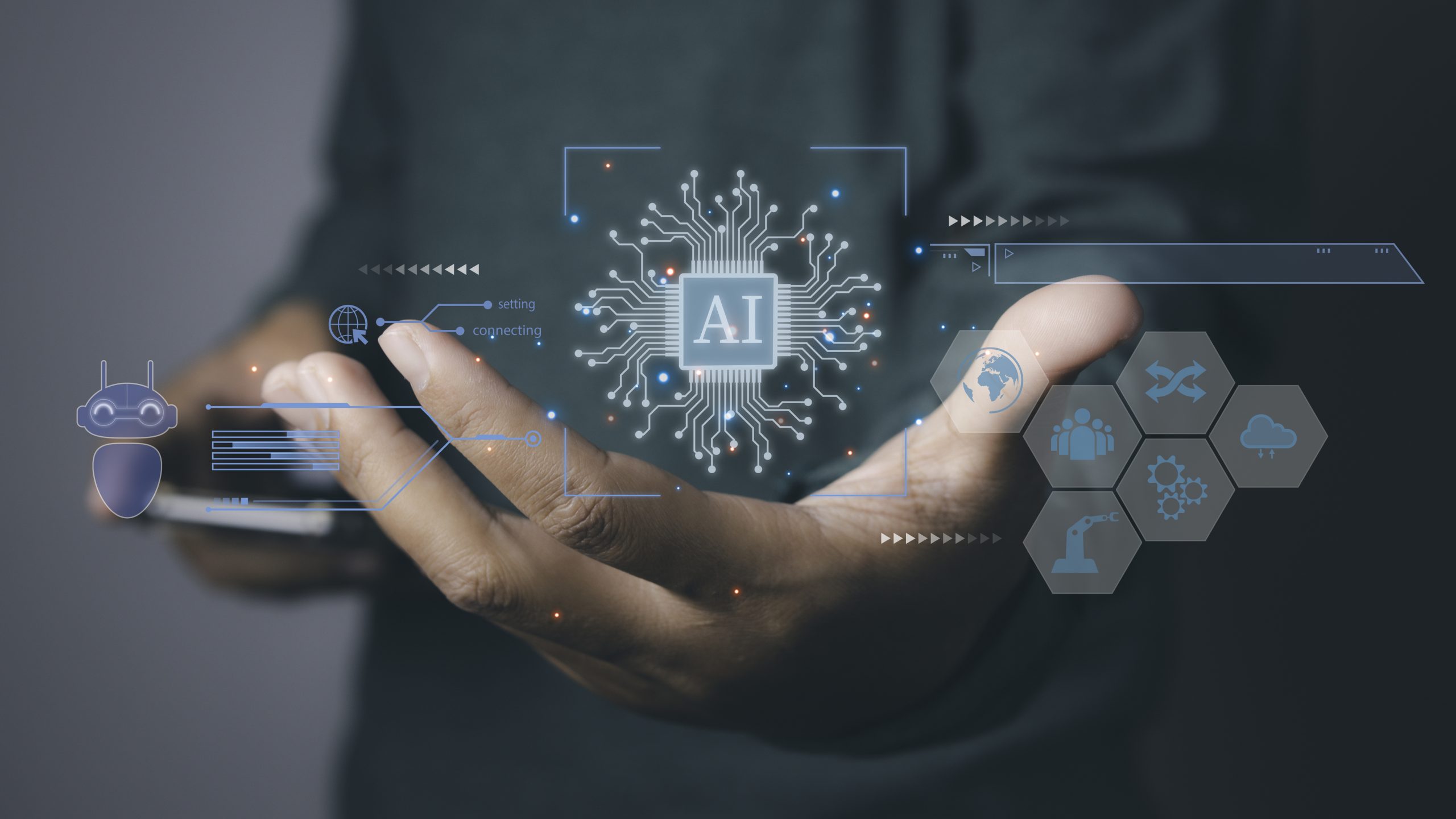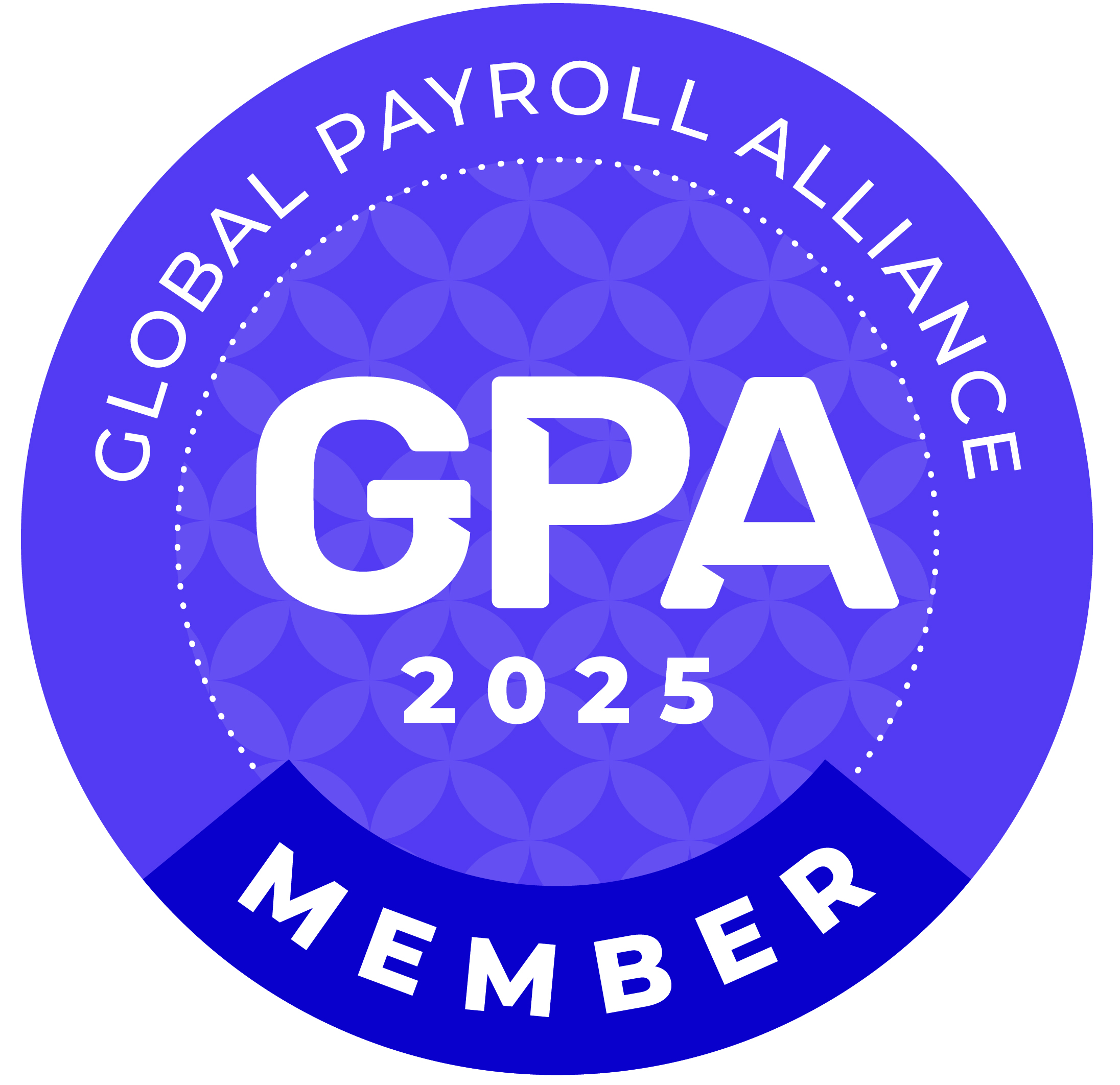In the ever-evolving landscape of technology, Artificial Intelligence (AI) is emerging as a transformative force, poised to revolutionise the way we work. As businesses across industries increasingly integrate AI into their operations, the impact on the workplace is becoming more profound, promising a future that is both exciting and challenging. This was a key theme from this weeks Workday Rising, in Barcelona.
One of the most significant ways AI is changing the work dynamic is through automation. Mundane, repetitive tasks that once consumed valuable time are now being done in seconds via AI. This shift allows all of us to focus on more complex, creative, and strategic aspects of our roles. From data entry to employee queries, AI is streamlining processes, boosting efficiency, and freeing up human capital for more meaningful contributions.
Collaboration is another area where AI is making waves. Advanced communication tools powered by AI facilitate seamless interaction among geographically dispersed teams. Natural Language Processing (NLP) enables chatbots and virtual assistants to understand and respond to our people queries, fostering improved communication within organisations. This not only enhances efficiency but also promotes a more connected and engaged workforce.
AI is making us redefine job roles and skill requirements. As automation takes on routine tasks, there is an increased demand for skills related to AI development, machine learning, and data analysis. This shift underscores the importance of upskilling and continuous learning to stay relevant in an AI-driven work environment.
The rise of AI is also influencing decision-making processes. Predictive analytics and machine learning algorithms empower businesses to make data-driven decisions, minimizing the margin of error. This data-centric approach not only enhances the accuracy of strategic choices but also provides valuable insights for innovation and growth. I saw some of this reporting capability when reviewing the new Oracle Cloud tech a few weeks back.
While the integration of AI in the workplace presents exciting opportunities, it also raises concerns about job displacement and ethical considerations. Striking a balance between the benefits of automation and the preservation of human-centric values is crucial for a sustainable future. Do not underestimate these risks, they are very real.
My conclusion – the advent of AI is reshaping the way we work, offering unprecedented opportunities for efficiency, collaboration, and innovation. Embracing this technological shift requires a proactive approach to skill development, a commitment to ethical considerations, and a readiness to adapt to the dynamic nature of the evolving workplace. The future at work is undeniably AI-driven, and those who navigate this transformation strategically are poised for success in the era of intelligent automation.
Bob Rehill
Founder & CEO – Cintriq Ltd








